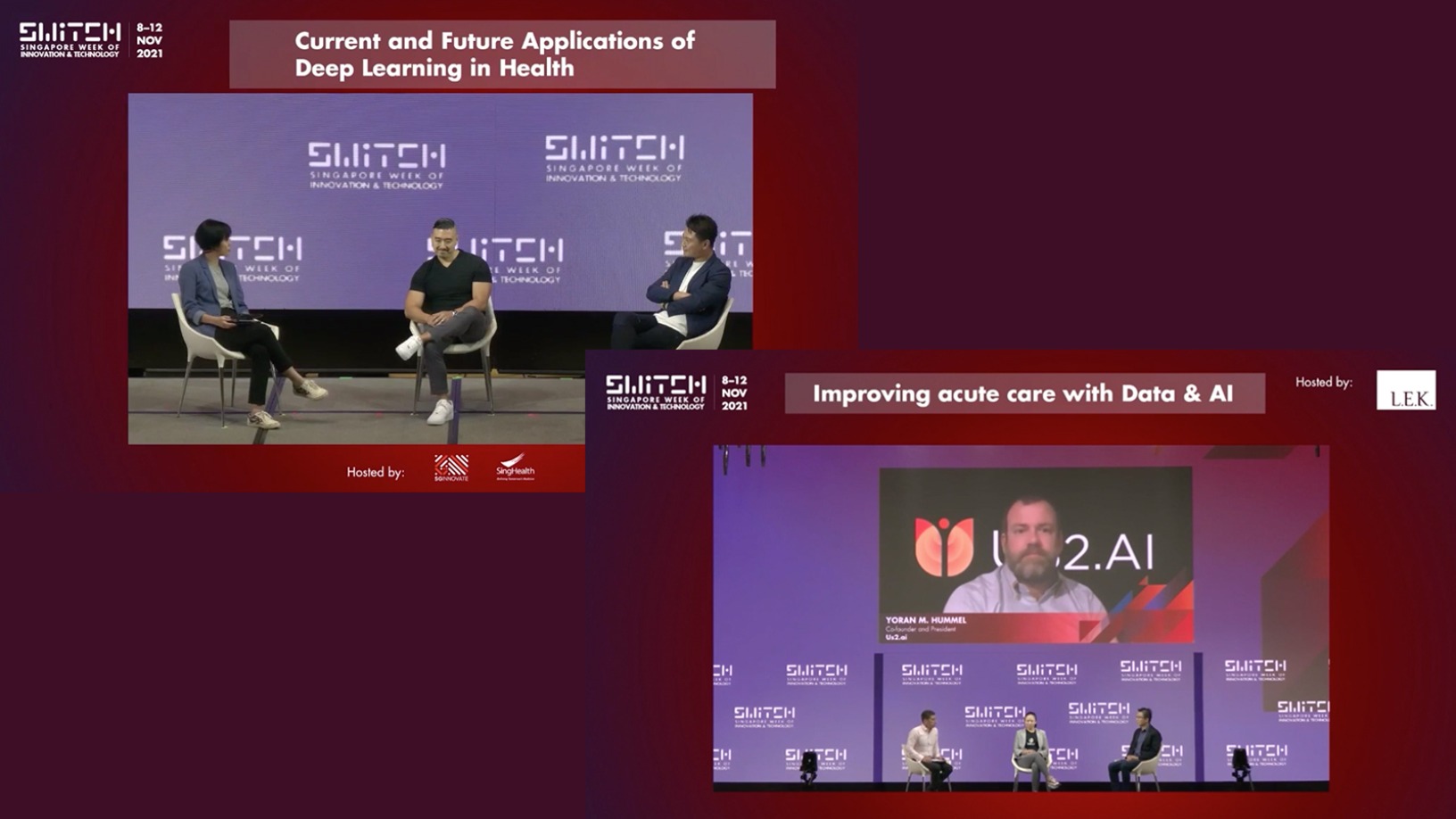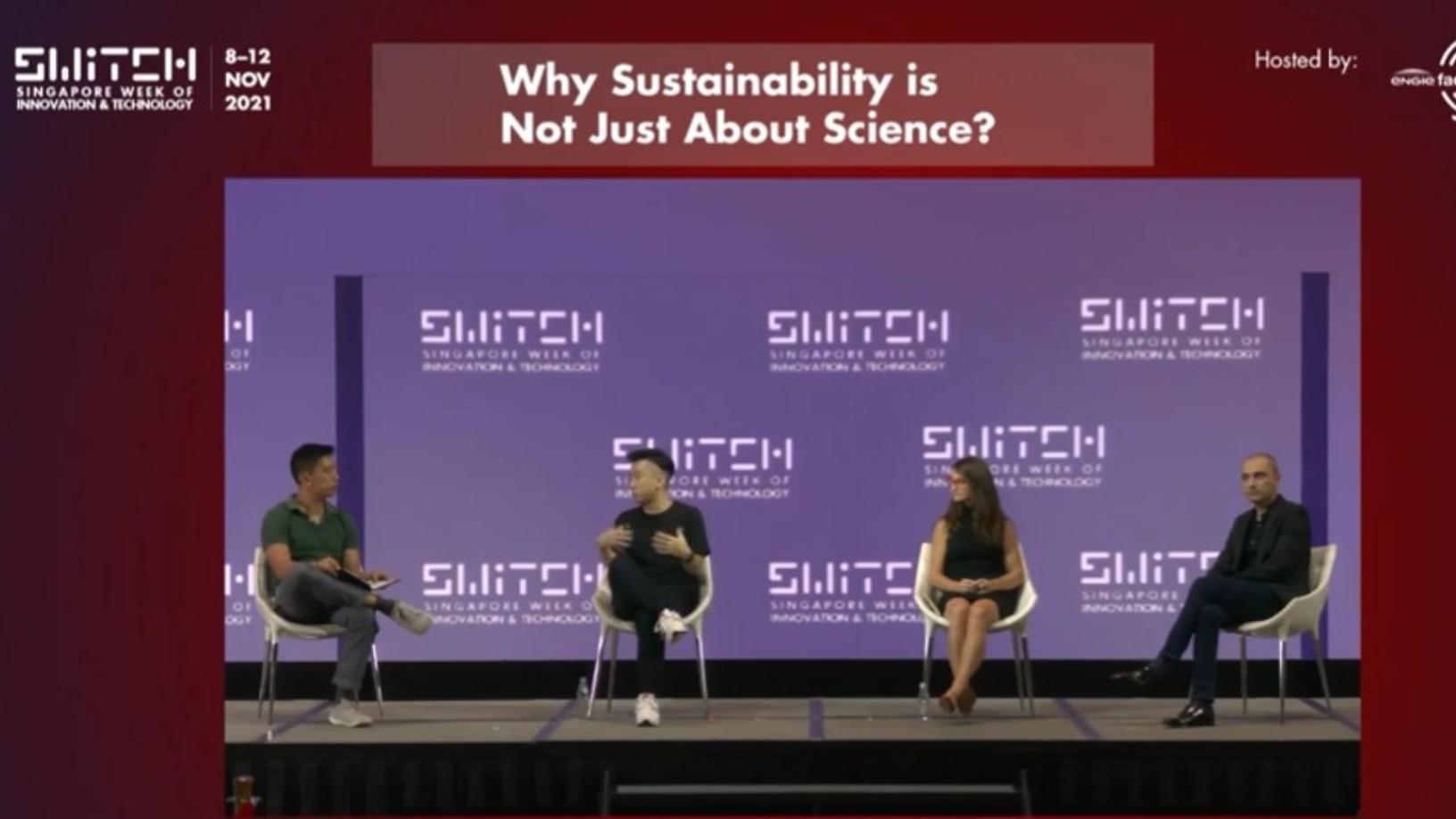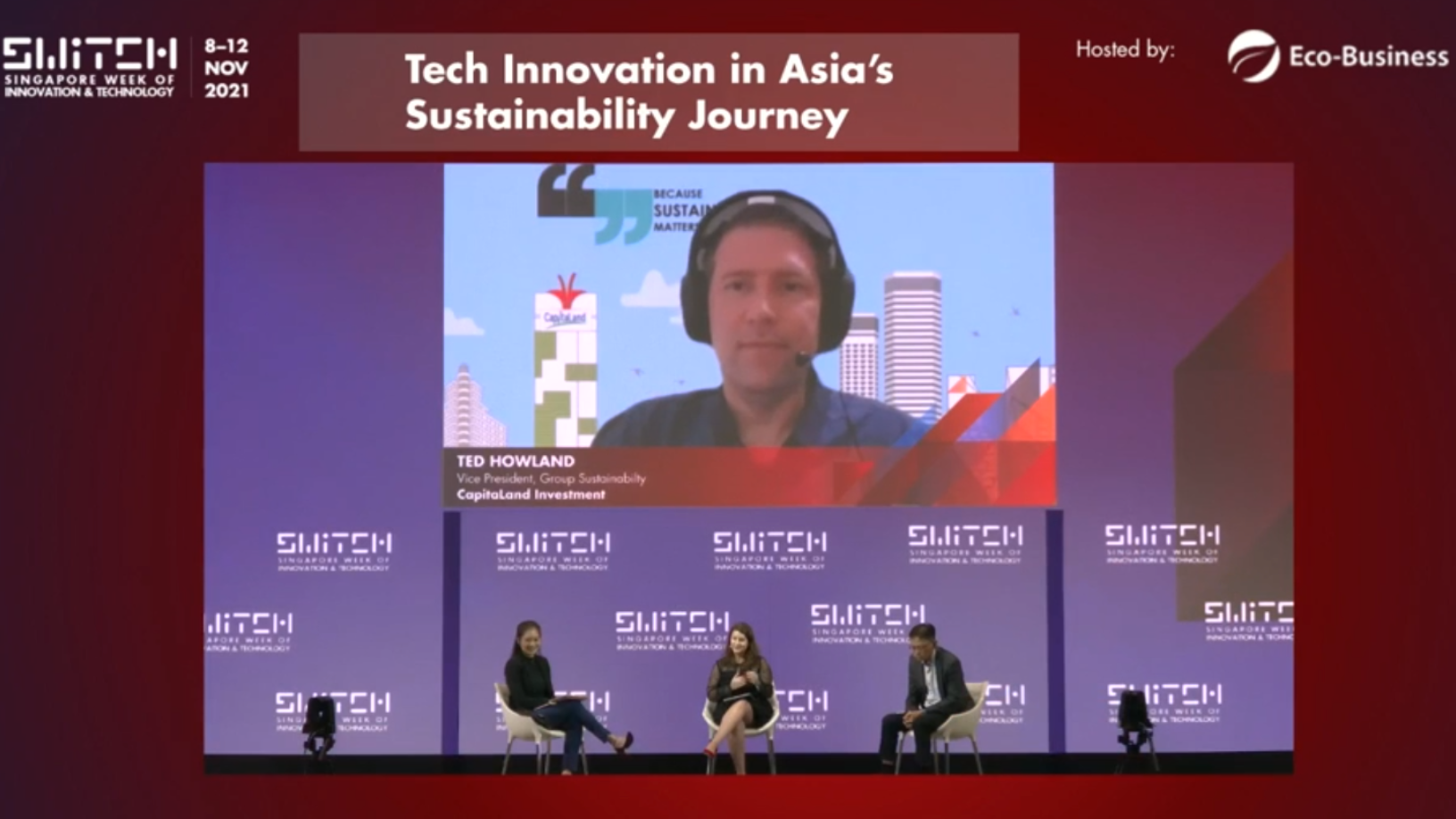What could be on Zheng Feike’s mind when he is on his flight to the Middle East, the next market he wants to conquer?
This is the guy who at aged 25 had bootstrapped his first startup in 2011, and has since grown into a shrewd and ambitious entrepreneur, having gone on to found Mr Feng (Fengxiansheng, or “Mr Wind” in English) – the No. 1 last-mile and intracity logistics startup in Hangzhou today.
He is also an investors’ darling, winning them with his youthful passion and drive that come with a surprising maturity. Since 2014, Zheng has scored five rounds of investment for Mr Feng, from leading Chinese venture capital firms such as Matrix Partners China, Puhua Capital and Daosheng Capital – all eager to bet on a market worth at least US$120 billion and growing 15–20% annually, according to Deloitte.
Zheng had hit on the idea of Mr Feng on his birthday. The sweating delivery man who brought him his lunch that day was, to some extent, his true muse. For Zheng had waited two hours for the meal to reach him. As the story goes, the hungry birthday boy thus decided to start Mr Feng in a bid to create, if not redefine, fast and reliable food delivery service.
At the height of its expansion in 2015, Mr Feng was employing more than 10,000 delivery staff in dozens of cities, cementing its name as China’s fastest-growing company in last-mile logistics. Among its partners and customers were some of the biggest on-demand takeout delivery apps such as Ele.me, Line0 and Alibaba’s Taodiandian.
Mr Feng’s revolution
A plunge in venture capital financing in China soon after, however, meant that Zheng had to put the brakes on such dizzying expansion. He proved ruthless in cutting headcount – down to the hundreds – and shut down numerous service centers. Meanwhile, he focused on building an in-house distribution center, and boosted the company’s warehousing and logistics capabilities, as well as supply chain management.
All these in turn paved the way for Mr Feng’s pivot to a B2B model in intracity delivery.
It is widely known that intracity logistics is a typically traditional industry, an old-fashioned game with fixed rules. And the veteran players are standing right there, easy to follow but never to beat.
The new player Zheng, however, had a surprise in store for them. With the help of technology, he installed automated systems and a delivery staff assessment system to standardize the entire workflow.
He also instilled military-style management and culture into Mr. Feng. Its couriers are suited in black-and-red uniform, and equipped with smart watches as they whiz about town on super-cool motorbikes, with some even in snazzy shades – all in all creating a Superman style that has become the trademark of Mr Feng today.
The company and its couriers even have their own six-word motto: Courage, Wisdom, Persistence, Courtesy, Care and Commitment – and their own song too, entitled “Feng.” Hence Zheng completes the next-generation delivery service that he has created, one that is revolutionary and cool.
It is also a delivery service that is extremely customer-centric. Users of Mr Feng can mix and match delivery categories with any delivery time as per their convenience, from under 30 minutes to next-day arrival at the doorstep.
No surprise then that investors like Mr Feng and Mr Zheng. Mr Feng raised an 8-digit-USD Series C financing earlier this year from Daosheng Capital and Jolly Information Technology, the company behind the most popular shopping app in the Middle East.
The OBOR effect
The One Belt and One Road (OBOR) initiative proposed by Chinese President Xi Jinping is the leading project of the world’s second-largest economy. Through OBOR, the government helps pave the way for Chinese investments and growth abroad, as well as join hands with Chinese companies to collaborate with other economies.
In May this year, Alibaba (the world’s most famous Hangzhou-born tech firm) set up the first e-hub of eWTP, a regional distribution center in Malaysia together with other Chinese logistics giants. Just on October 18, Alibaba founder and CEO Jack Ma announced at Moscow State University his plan to launch Alibaba’s e-commerce and delivery services across Russia.
Mr Feng may be far from being an Alibaba for now, but it won’t be left out. It, too, has set its sights on overseas growth. For this, the startup is backed by its latest investor Jolly, which has been in the Middle East e-commerce market since 2015. Currently, Jolly has a local marketing and operations team in Dubai, a call center in Jordan and an operations center in Saudi Arabia.
US$20 billion e-commerce
As part of the financing deal, Jolly and Mr Feng has inked a partnership to help the latter expand overseas. They will start by letting Mr Feng fulfil Jolly’s delivery needs in the Middle East. Research by AT Kearney shows that the Middle East’s e-commerce market could reach US$20 billion by 2020, from just US$5.3 million in 2015. However, obstacles, including the relative lack of development in logistics infrastructure and payment systems, are hindering such potentially explosive growth.
Zheng has disclosed that Mr Feng will continue to deploy in the Middle East its self-developed technological system that allows the company to more effectively segment delivery areas and assign couriers routes and orders through algorithms. Meanwhile, warehouses and an automatic sorting system will be established.
Additional system upgrading and adjustments will also be made to adapt to local culture and habits. This way, Mr Feng can improve local delivery efficiency by 10 to 15 times, Zheng said. In view of Saudi Arabia’s rigid hierarchical and class systems, Mr Feng will run its local operations with an international management team comprising English and Arabic speakers, and staff with a military background.
Still, there are hurdles awaiting Mr Feng. Even for the local logistics players, delivery in Middle East is never simple. Most areas of the UAE are lacking in clear postal codes, addresses and mailboxes. The strict local religious traditions, such as praying five times a day, could be another challenge for the Chinese startup: How would Mr Feng mobilize its local staff to deliver the same results as what it has achieved in China?
Currently in the Middle East, logistics players include the 35-year-old Aramex, the next unicorn Fetchr, another China company iMile, and Souq’s in-house delivery Q Express. Soon next year, there will be some 3,000 Mr Feng couriers joining in the run.













